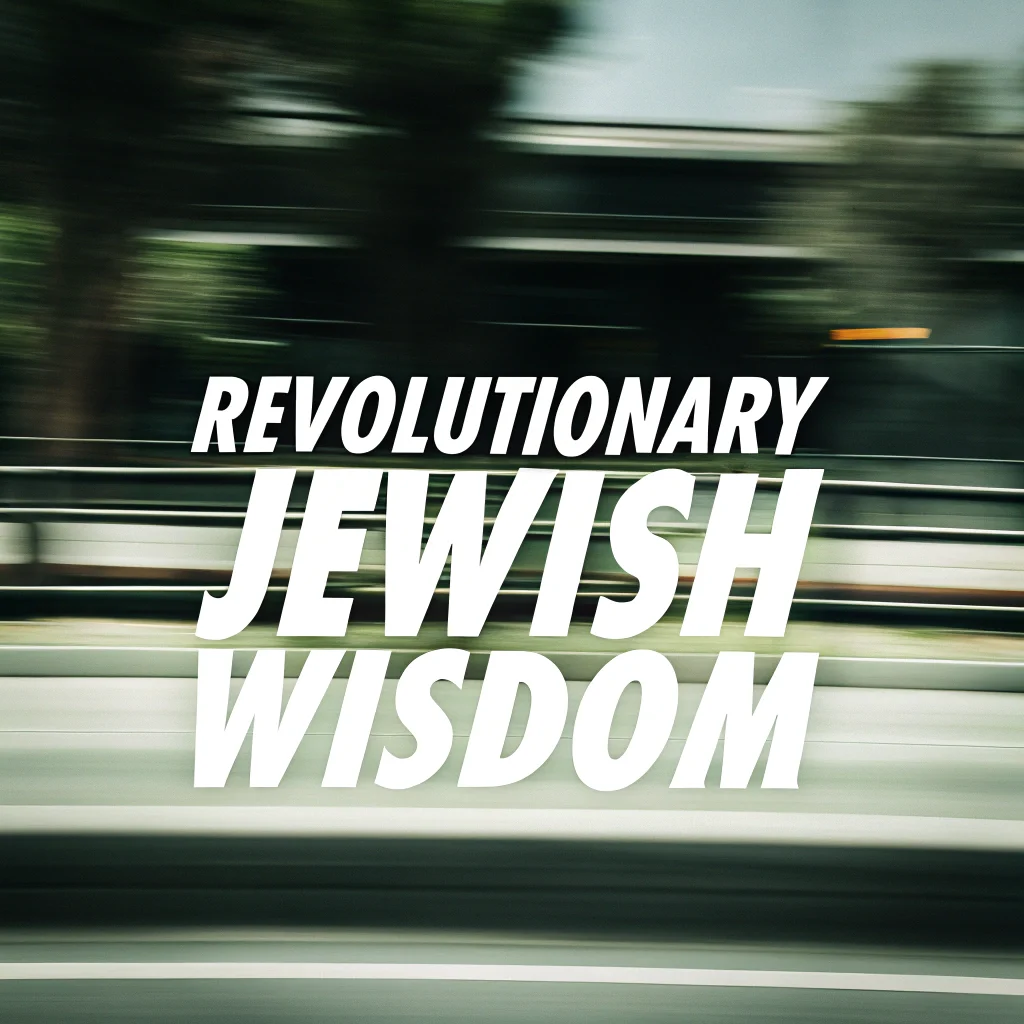Free Your Mind: Tanya’s Wisdom for Everyday Life
Ready to free your mind from daily struggles? When surrounded by numerous challenges and temptations, discovering how to maintain inner harmony becomes essential. The ancient wisdom of Hasidism offers a surprisingly modern approach to understanding human weaknesses and inner battles. Let’s explore how the teachings of Tanya can help each of us free our minds from unnecessary burdens.
True Humility: Free Your Mind From Judgment
“Be humble in spirit before every person” — this phrase from ancient texts is often misunderstood. It’s not about debasing yourself or pretending, but about genuinely recognizing your weaknesses and freeing your mind from harsh judgments.
When we see others’ shortcomings, our first reaction is judgment. But imagine: if you were born with the same inclinations, in the same environment, with the same challenges — would you have acted differently? The wisest say: “Do not judge your fellow until you have stood in his place.”
The key insight is that often our “minor” omissions in doing good may be more problematic than the obvious mistakes of people struggling with difficult circumstances.
External Environment and Internal Struggle
Why do some people give in to temptations while others don’t? The text of Tanya provides a profound answer:
- Environment matters: a person who spends all day among temptations faces constant visual triggers – “the eye sees, and the heart desires”
- Inborn temperament: some people are naturally more passionate, their inner “fire” burns more intensely
- Personal circumstances: daily activities and surroundings can either support or undermine our best intentions
However, Tanya clearly states: these factors explain difficulties but do not justify defeat. Every person is endowed with the ability to control their impulses – “the mind can rule over the heart.”
Free Your Mind Through Daily Battles
In our lives, we often forget that we are waging an invisible battle. Tanya suggests measuring our efforts not by external results, but by the intensity of the inner struggle to free your mind from distractions and weaknesses.
Imagine two situations:
- A person with strong passions, working in a tempting environment, overcomes temptation
- A scholarly person, in a calm environment, makes a small effort in their spiritual growth
Who demonstrated more spiritual strength? Tanya surprisingly says that the first person may be spiritually “higher,” although externally they seem less perfect.
Three Areas to Free Your Mind Daily
1. Focused Prayer
True prayer requires concentration and emotional involvement. Tanya teaches that every day we must wage a “great and intense struggle” with our body and animal soul, which hinder this concentration.
It’s not just reading words, but pouring out one’s soul before the Supreme “to the point of exhausting the soul.” When was the last time you prayed with such diligence?
2. Sincere Study
It’s easy to study within your comfort zone. But real growth happens when we study “much more than prompted by our own desire according to our nature and habit.”
Tanya teaches that simply studying a little more than usual is a “minor battle,” incomparable to the true struggle against the inner fire.
3. Controlling Speech and Behavior
Self-discipline in speech is one of the most difficult skills. Tanya gives an example: interrupting a pleasant conversation or stopping oneself from talking about someone’s shortcomings is also an inner battle.
Even if it’s a “minor flaw” or “the truth” – true wisdom lies in controlling the tongue.
Why the Knowledgeable Are Held to a Higher Standard
The paradoxical truth is that the more a person knows, the higher the demands placed on them. Tanya teaches:
“If he is a scholar and upholds God’s Torah, his sin is unbearably great, and his guilt is increased manifold.”
One who is close to spiritual knowledge bears greater responsibility for their actions. As the sages said about the apostate “Acher”: “Because he knew My glory…” – and still sinned.
Therefore, the sages said about the uneducated that their “deliberate sins are regarded as inadvertent” – they simply don’t fully realize the seriousness of their transgressions.
Practical Application: Free Your Mind Through Self-Audit
How can we apply this wisdom in everyday life? Here’s a practical approach:
- Daily evaluate your efforts in three areas: prayer/meditation, learning, and self-control
- Ask yourself: how intense is your “inner battle”?
- Remember that requirements should correspond to your knowledge and abilities
- Show true humility by understanding that others may be waging a heavier inner battle
True humility is not self-deprecation, but honest recognition of your weaknesses and understanding the difficulties faced by others.
Conclusion: The Path to Inner Harmony
Tanya offers a revolutionary approach to self-improvement through a deep understanding of inner struggle. Instead of superficially comparing achievements, it teaches us to evaluate the intensity of effort required to overcome our own obstacles.
The path to inner harmony begins with acknowledging our weaknesses and understanding the complexity of others’ journeys. When we are truly “humble in spirit before every person,” we find not only understanding of others but also strength for our own growth and the ability to free your mind from unnecessary burdens.
This article is based on Chapter 30 of the book “Likutei Amarim — Tanya” by Rabbi Shneur Zalman of Liadi, one of the greatest Hasidic thinkers.
Afterword: This text has not been approved by any sage, Torah scholar, or rabbi and is merely a simplified adaptation of the sacred text for general understanding. For comprehension of true wisdom and a deeper understanding of the original text, you should refer to the sources.



